 Here's an excellent approach from Annette Moser-Wellman, innovation consultant & author of 'The Five Faces of Genius':
Here's an excellent approach from Annette Moser-Wellman, innovation consultant & author of 'The Five Faces of Genius':[Her 'Five Faces Model' is quite interesting. According to her proposition, we need the five different perspectives - 'Seer', 'Observer', 'Alchemist', 'Fool' & 'Sage' - from which to creatively tackle today's business challenges.
From my point of view, it has more or less a broad parallel to Prof Howard Gardner's 'Five Minds for the Future', who argues brilliantly that we need five kinds of mental abilities - 'multi-disciplined', 'synthesising', 'creating', 'respectful' & 'ethical' - to achieve success in the 21st century landscape of accelerating change & information overload.]
For Individuals:
1) What solutions do you see in your mind’s eye?
2) What do you notice –details, hunches, intuitions – that lead to a solution?
3) What does this challenge remind you of? What ideas come from this analogy?
4) What happens if you invert this challenge? What about absurd solutions?
What if you persevered?
5) What’s the simplest solution for you to create? What ideas do you have when you look to the history of your challenge?
For Groups:
1) Ask each member to describe the wildly successful outcome they see in their mind’s eye. Build on the images to see what solutions arise.
2) Ask each participant to share what makes them curious about the problem. What are the things they don’t know, but would like to?
3) Have the group members think of similar problems in different businesses or industries. How did they solve the problem?
4) What if you approached the problem with a sense of humor? Have member share ideas from this perspective.
5) Ask each member to be the “complexity police”. Have them describe the complex parts of the issue and practice creating simple solutions.
[Source: The Genius Workout: Questions to Discover New Ideas';]
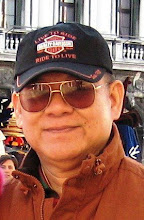


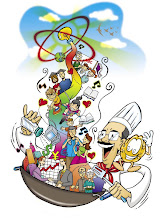
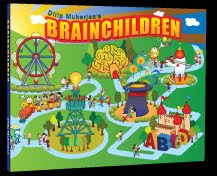



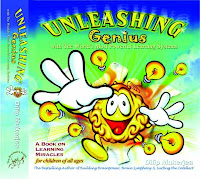
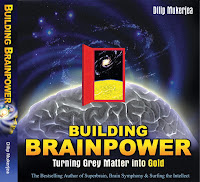
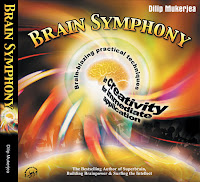





No comments:
Post a Comment